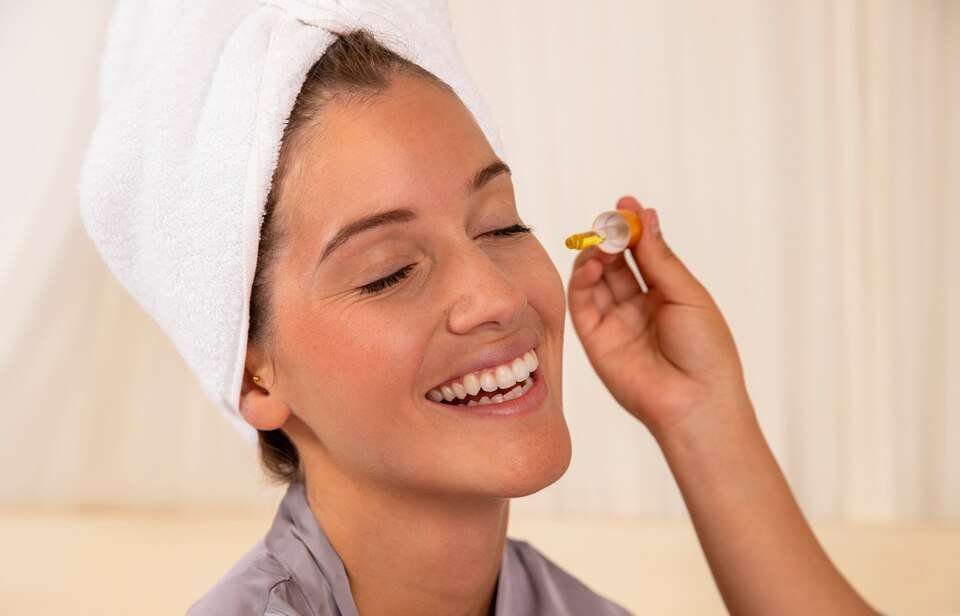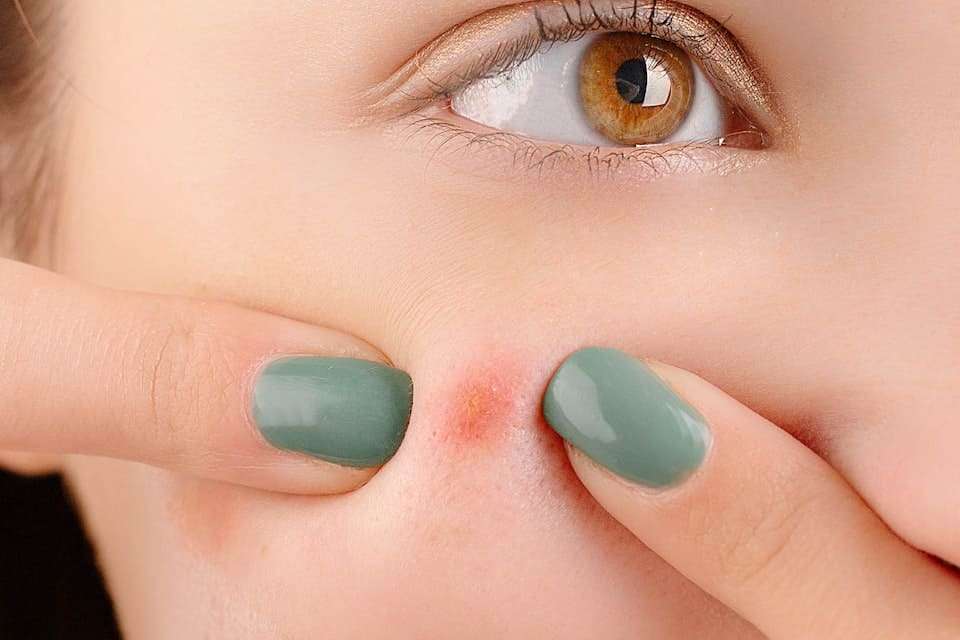Acne is always annoying, but acne with cysts is especially bad. This is because cystic acne is the worst kind of acne. After all, it hurts, is hard to get rid of, and can leave scars. Like every other kind of spot, it starts when your pores get clogged. It hurts a lot more than usual when it gets sick and swollen.
Over-the-counter cleaners and treatments often won’t work because these spots are deep in your skin. The good news is that cystic acne can be treated with medicines you get from your doctor. If it appears you might have cystic acne and desire to know how to deal with and treat it.

What is cystic acne?
Before discussing what causes and how to treat it, the words pimple and acne are often utilized to describe a wide range of skin problems, but they can be quite different in how bad they are. Blackheads and whiteheads are the softest forms of acne, and neither hurts the skin.
>>Get Your Secret Guide Here<<
The next step is papules, which are red and sore, and pustules, which are red, sore, and full of pus. Then there are nodules, big, hard bumps that form deeper according to the skin. Last but not least, cystic acne is the worst kind of acne.
Cysts are painful and swollen. They are also full of pus. They form further below the outer layer of your skin than lumps do when bacteria, oil, and dead skin block your pores. They can look like boils on your skin and appear on the face, neck, chest, back, arms, and shoulders.
Read Also: Does Consuming Eggs Lead To Acne?
What makes cystic acne?
Like other kinds of acne, cysts happen when your pores get clogged up. Most acne is caused by too much sebum, a sticky substance your body makes to keep your hair and skin soft, dirt, germs, and dead skin cells.
The main difference between cysts and other kinds of zits is that cysts form much deeper under the skin than other zits. Cystic acne is more usual in people with oily skin. It’s also more common in kids going through puberty because their hormones change, but cystic acne can also happen to adults.
>>Get Your Secret Guide Here<<
Popping cystic acne
When a cyst is big and full of pus, it can be tempting to pop it. Do not pop your cystic pimples, no matter what you do. This will hurt, slow down the healing process, and most likely leave a scar. Cysts are deep under your skin, so they don’t have a core of dead skin or pus that you can squeeze out.

Pustules, blackheads, and whiteheads do. Popping cystic acne causes pain and inflammation, leaving scars and changing skin color. It’s not an excellent choice to pop any of your zits, but cystic zits are especially bad.
How to treat cystic acne
Endless cleansers, lotions, masks, and other skin care items claim to get rid of acne. A good skin care practice, including sunscreen, is crucial to a therapy plan for cystic acne. Cystic acne, on the other hand, is usually treated with prescription drugs because cysts are deeper in the skin than smaller pimples.
Retinoids
Retinoids are one of the best methods to treat acne, no matter how bad. Adapalene, tretinoin, and isotretinoin are some of the different kinds. Adapalene and tretinoin are retinoids that you put on your skin, but isotretinoin is a stronger treatment for cystic acne that you take by mouth.

This gives your pores less time to get filled with things that cause acne. They are often linked to skin washing, which is the time when the condition gets worse before it gets better when you first begin treating acne.
>>Get Your Secret Guide Here<<
Most people find skin purging, also called the tretinoin purge, is painful, but after 4 to 6 weeks (one full skin cycle), your skin will be cleaner and healthier. Retinoids are among the most famous treatments for cystic acne because they are very good at removing acne.
Oral antibiotics
If you have cystic acne over a large area of skin, a dermatologist or physician may prescribe drugs by mouth. Bacteria becoming lodged in your pores, which can lead to infection, inflammation, and cysts, is one of the things that can cause cystic acne. Antibiotics taken by mouth reduce the number of germs in your body, which helps reduce the quantity of acne you have.
Your doctor may prescribe doxycycline, minocycline, or erythromycin if you have severe acne. People often use mouth medicines and retinoids on the skin simultaneously. But antibiotics ought to be used for as little time as possible to keep germs from becoming resistant.
>>Get Your Secret Guide Here<<
Oral contraceptives
Even though the main reason to take a birth control pill is to stop pregnancy, it is a great method to deal with hormonal acne. Women who get cystic acne when their hormones change because of their periods may find oral contraception helps control their cystic acne.